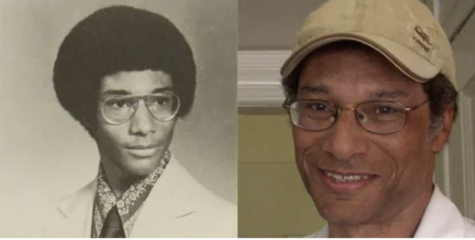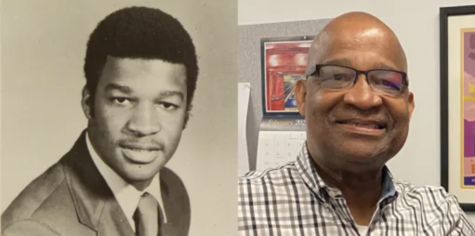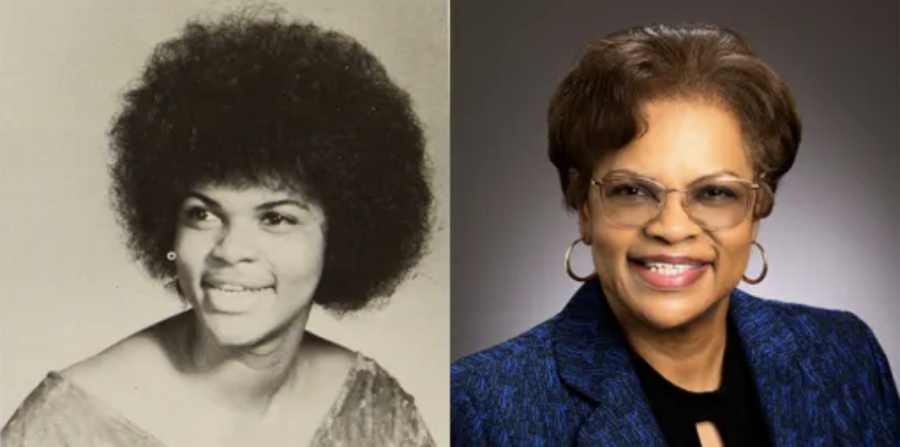A history of Black excellence at Westminster
Sixty-nine years ago, the United States Supreme Court passed its landmark 1954 Brown v. Board of Education verdict: Segregation of schools on the basis of race is unconstitutional. Though Atlanta public schools began desegregating in 1961 following the verdict, Westminster and many of the other private institutions of the South remained segregated well into the 1960s.
In fall 1965, Westminster’s Board of Trustees decided that the school’s admission policies would “test for admissions and consider the applications of any and all candidates” moving forward.
Thirteen years after the original case against segregation, Westminster enrolled its first Black students in fourth through eighth grades for the 1967 to 1968 school year. These “Fearless Firsts” began the prestigious legacy of Black excellence at Westminster that would remain over 50 years later.
“At last, Westminster stood on the verge of no longer being regarded by many as a ‘social club’ and would take a huge step toward real progress,” wrote Dr. William Pressly, Westminster’s first headmaster.
Malcolm Ryder, class of 1972, was one of Westminster’s first Black graduates. He remembers the enormous pressure he felt as he and his classmates were tasked with creating the path they hoped many would follow.

“There was a lot of pressure, and I was just kind of playing it safe…I gave up all that carefulness. It gave me permission to decide who I wanted to be and then go try to be it,” said Ryder.
During Ryder’s sophomore year, he began to connect with the arts program with the help of his peers, creating a home for himself at Westminster.
Similarly, Westminster’s extracurricular programs offered a strong microcommunity to Ryder’s classmate Jannard Wade, a fellow “Fearless First.”
“I played tenor sax in the band, soccer for Coach Sims, center fielder for Harry Lloyd’s baseball team, and I was a wide receiver on our 1972 state championship football team,” said Wade.
Wade’s team, which won Westminster its first football state championship, was a group in which he “found genuine camaraderie among my coaches and teammates.”
Like Ryder, Wade was able to find an accepting sub-community of students and coaches at Westminster. It was up to these Fearless Firsts to find teachers and build relationships at the school so that Black students who came after them would have a legacy to build on.

“We didn’t have predecessors as role models at the school. It was left up to each of us to find relationships with certain teachers who were predisposed to see us succeed,” said Ryder.
Juniors Grace Smith and Ryan McFadden—two current Black Westminster students—agreed with this sentiment.
“Those before us made it a better place,” said McFadden. While we still have struggles, they really made a place where we could enjoy each other and our culture.”
“There’s a better support system, a group of people that you can share experiences with. Having teachers in each department who are involved in DEI and alums who talk about their experience really helps,” said Smith.
In 2023, Westminster maintains strong relationships with its Black graduates as they continue their education, especially those who go on to one of the prestigious HBCUs and their “Divine Nine” fraternities and sororities. In the Feb. 17 Upper School assembly, members from the Alpha Kappa Alpha and Alpha Phi Alpha organizations, including several Westminster alumni, visited the school to showcase their organizations’ rich historical customs. These alums choose to return to Westminster to share their experiences, as a way to connect with and educate current students and the Westminster community as a whole.
Edited by Sophia Cunningham





